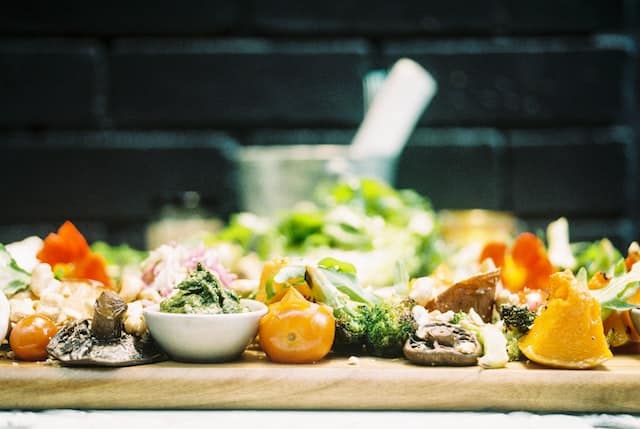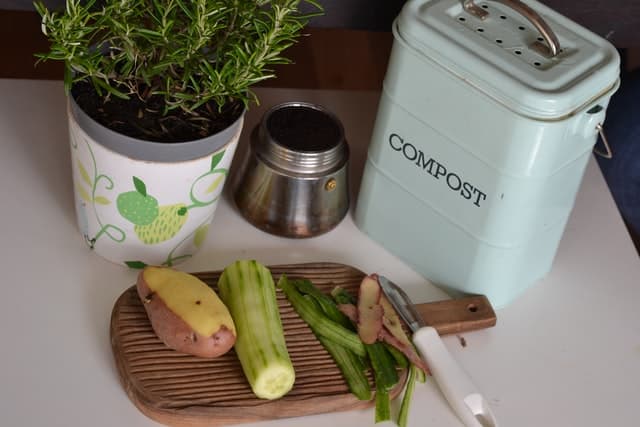7 Ways to Reduce Food Waste
Food waste is an important concern in the world. Our bodies need food to fuel and have the energy to function, but do you know that one third of all food produced is wasted or lost? Globally, there is about 1.4 billion tons of food wastage.

Luckily, we and many others are convinced we can do something about it and this can be reduced drastically when adjusting our usual shopping habits. Paying attention to only a few of those habits in each household will have an effect and help reduce global food waste.
Buy seasonal products
Buying local and seasonal fruit and vegetables not only reduces your eco footprint, but this produce tastes better, and when buying from your local market or farmer, they usually also last for longer. Try to optimise seasonal products as much as possible and find some easy recipes to make some delicious treats. Don’t forget about food scraps from vegetables, these can be used to make stocks and broths. If your vegetables have over ripened or lost their crispiness, create a delicious side dish or make a puree or soup with them. Fruits are delicious when fresh, but they are equally fantastic when preserved into jams or purees. Optimise the use of citrus fruit and use the skin to make candied peels!
Grow your own produce
Don’t have a garden? We understand that not everyone can grow a full array of vegetables at home. Herbs however, grow easily and don’t require a lot of space, and a little indoor herb garden is not only beautiful, but will also spread great aromas throughout the kitchen. If they start growing in abundance, harvest them, dry them or preserve them in oil for later use. They can easily be used in a variety of recipes from salads to sauces and soups, and even in desserts.
Always make a shopping list
We recommend this often and are repeating this advice because it works! Planning a weekly menu and making a shopping list accordingly means you will only buy the necessary ingredients. Don’t get side tracked when walking into a shop and stick to your list! Good planning for the week should mean very few leftovers.
Transform and re-use foods
If you happen to prepare too much food anyway, don’t throw the leftovers. Eating the same food for days might be fun if it is your favourite dish, but getting creative is the best way to transform these short shelf life foods into a different dish. Add some flavours or turn boiled veggies into a delicious gratinated oven dish, slice the leftover meat, and make some sandwiches to take to school or work.
Preserve food
We have already mentioned that preserving food is a great way to reduce food waste. Whether it’s pickling, drying, or preserving in oil, you will extend the shelf life of fresh products. Be aware to use glass jars or containers especially for pickling.
Keep only a minimum of stock
Organisation is key and keeping your pantry ‘light’ with a minimum of stock will help to avoid food wastage. Food, even with a long shelf life, can be forgotten when at the back. Therefore, it is good to use the FIFO method (first in, first out) to reduce the chance of foods expiring on your shelves.
Use a scale
When preparing recipes, try to use the most accurate food scale so that you are not throwing away batters and other mixes. Precise measurements are important for the success of many recipes. If you have been cooking or baking for a long time, you may be able to judge by the eye how much of an ingredient you need, but most people will want to use a scale.
Compost when possible
Even if you tried your best to apply all the above, there will always be some food left to throw away. The best way to reduce the amount of whatever is left to throw is to compost. If you have a large outdoor space, there is no problem finding a corner for a composter. For those with indoor space only, there are countertop models that are working well. The compost can be used as fertiliser for your next green project.

